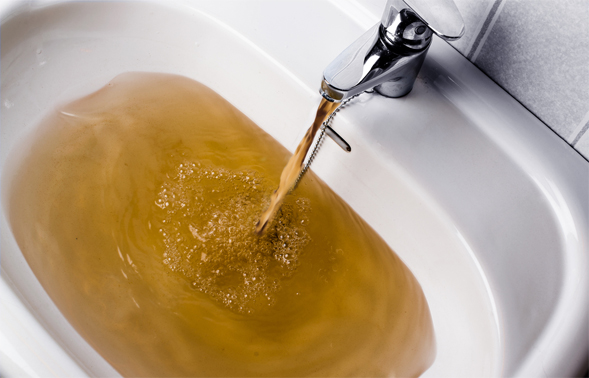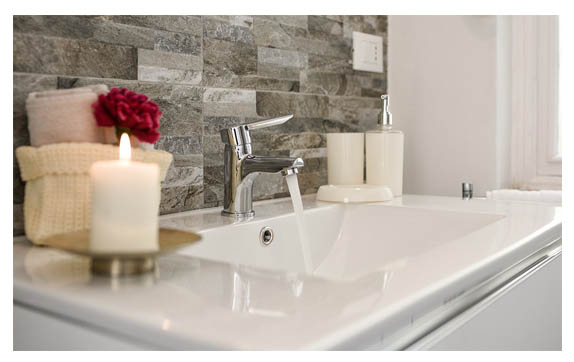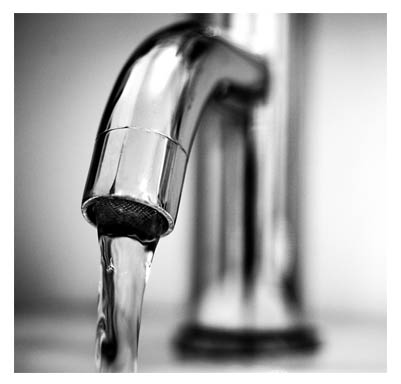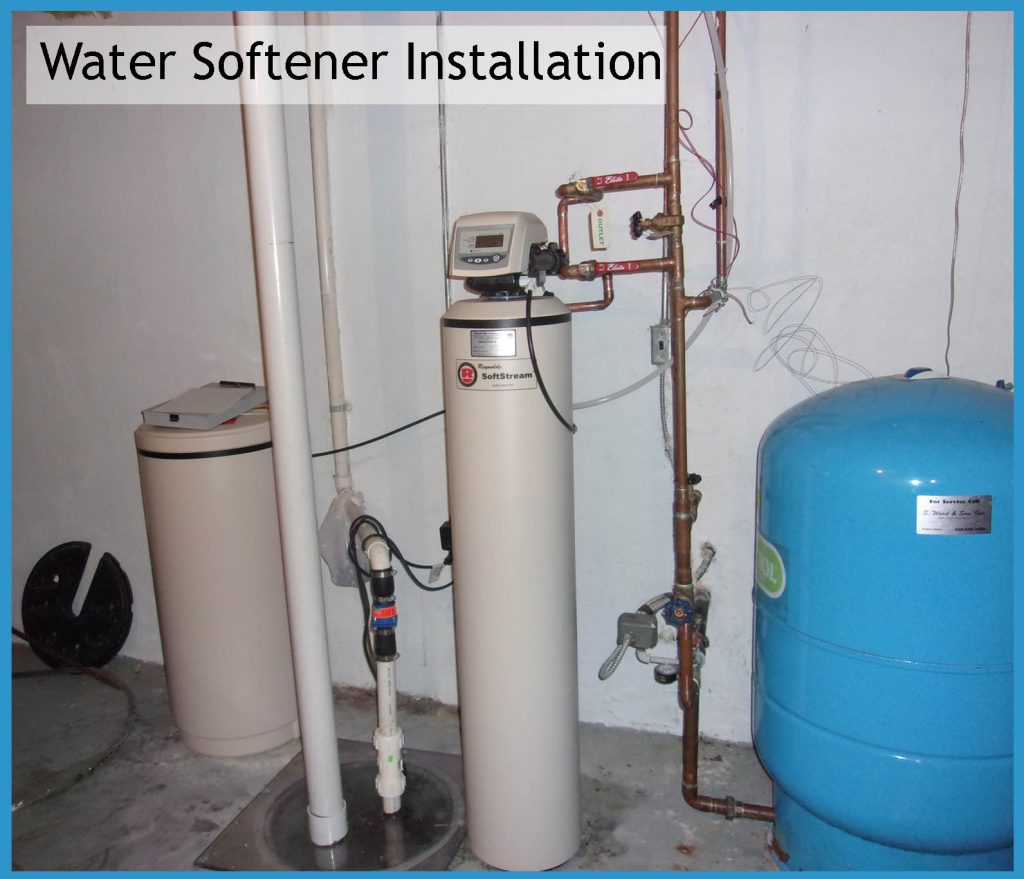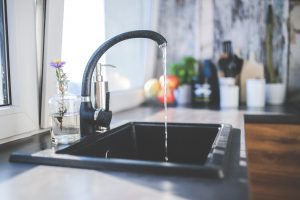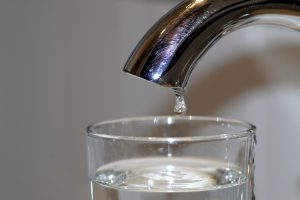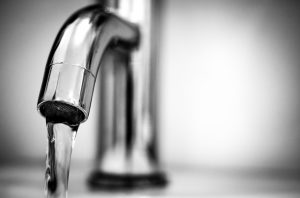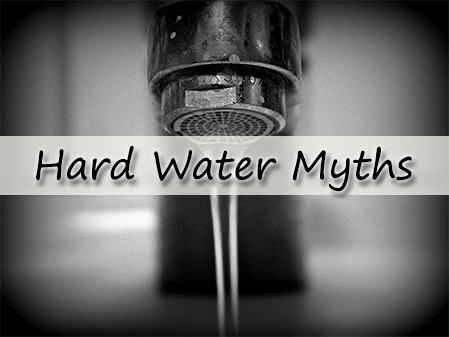
There are many myths surrounding hard water. Although hard water is often not detrimental to your health it can be a considerable nuisance. Below we will look further into the most common hard water myths and debunk them.
Myth #1: Hard water is responsible for clogging ALL types of plumbing materials
Truth: Hard water contains minerals including calcium and magnesium both of which are known to stick to the interior of galvanized steel pipes which leads to build-up and in turn clogs pipes. Galvanized steel plumbing is commonly found in homes that were built between 1940 into the late 1970’s.
Homes built after the late 1970’s or homes that have had their plumbing replaced most often use pipes that are made from copper. Copper plumbing does not allow for calcium or magnesium build up to form. Thus, not ALL types of plumbing materials are responsible for hard water clogs.
Myth #2: Hard water minerals are contaminants
Truth: Hard water does contain a number of minerals however, minerals are not contaminants, minerals are nutrients. Drinking water that is rich in essential minerals like calcium and magnesium is healthy for individuals. Mineral rich drinking water helps protect the health of individuals and can lead to lower risks of heart disease and stroke.
Myth #3: Water softeners produced filtered water
Truth: Water softeners do not in fact filter water at all. Softeners use a process of ion exchange which is used to exchange minerals in the water for sodium. Water softener units take “tainted” tap water and create water that can be used for drinking, cooking, showering, laundry, dish washing, and more. The water processed through a water softener is NOT filtered and can often have a salty taste depending on a number of different variants. To remove the saltiness from water that has gone through a water softener a point of use filter can be installed to faucets. Most individuals are not bothered by the taste of drinking water that comes from a softening unit however a filtration system does remove the sodium in water if a homeowner is bothered by the taste.
Myth #4: Hard water works well for bathing, cleaning, and laundry
Truth: Hard water often leaves behind a residue that contains minerals which are not the best for bathing, cleaning, or laundry. Water that goes through a water softener is known as soft water. Soft water is ideal for bathing, hard water is known to create dry hair and skin because of mineral deposits that it leaves. In laundry and household cleaning hard water is known to leave stains and create a filmy residue that is not found in water that has gone through the rejuvenation process that takes place within water softening units.
The experts at Reynolds Water Conditioning have a solution to your homes unique water quality needs including: arsenic, bacteria, chlorine, rotten egg smell, fluoride, hard water, iron, lead, acid, tannins, radon, and more. More information on our water treatment solutions including water softeners and conditioners, water filtration and purification, reverse osmosis drinking water, and iron & odor removal can be found online at https://reynoldswater.com.

